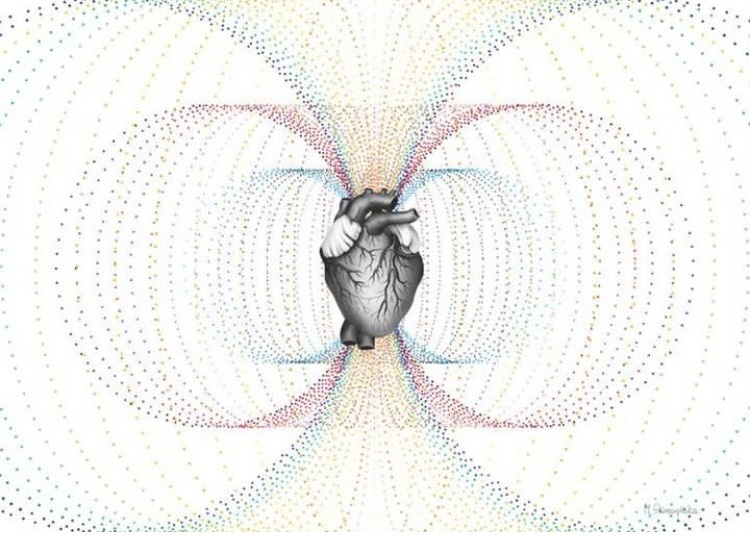How to Acquire Knowledge?
What can we know? Perhaps not an uncontroversial question nowadays, yet an important one. Right after his speech at the Heritage Foundation Tucker Carlson said that, in today’s world, we should only cling to what we can smell. Hold on to printed books, he said, implying that it’s wise to approach anything digital with relative emotional detachment.
Aside from our senses, which are obviously important in acquiring knowledge, there are two specific prerequisites to learning that are urgently lacking in Western societies: humility and coherent emotionality. Our individual growth is stunted by our own culture and this process is further fuelled by the ongoing information war.
Socrates is one of the well-known Greek philosophers who worked on this theme, the philosophy of knowledge, also known as epistemology. The more we know, the more we realize how much we don’t know, therefore true wisdom means knowing that we know nothing. If we follow Socrates in his beliefs, humility is both a prerequisite and a consequence for anyone setting out to learn something.
Humility is relatively uncommon in the Western world today.
Another basic ingredient of knowledge acquisition comes from the field of physics. Humans are electromagnetic beings and the heart receives and emits energetic frequencies. The mind functions as a processor of the information first received by the heart. Curiosity, the seed of learning and directly related to humility, may be one of these signals. The heart sends many more signals to the brain than the other way around. In order to ‘know’ something through higher cognitive functions, energetic coherence between the heart and the brain is necessary. Without it, there also can’t be much discernment, the ability to separate right from wrong. In short, you can’t think clearly without feeling.
Feeling is relatively uncommon in the Western world today.
The absence of healthy, balanced emotionality and humility in Western societies is sabotaging our ability to think and learn. This has created fertile grounds for super-powered propaganda machines and the advanced psyops in the information war waged in the Western world, which nobody has described better than writer Jacob Siegel in his piece A Guide to Understanding the Hoax of the Century. It’s important to note that the lack of humility and emotionality is in turn being fuelled by coordinated manipulation, hence it is both a cause and an effect of successful propaganda and indoctrination, on top of the existing cultural predisposition.
There is a growing group of people worldwide who are tirelessly repeating the findings of their research despite the severe challenges of the information war: Intrinsically motivated epistemologists who still dare to keep on asking and answering the question, What can we know? It is a diverse group of professors, scientists, independent journalists, researchers and other citizens, who, like me, are worried about the increase in centralization, control and manipulation of information flows.I often think about how to provide a counterbalance. While a large part of responsibility lies with the well-trained truth seekers mentioned above, all Western individuals have a responsibility to free themselves from the sociocultural shackles that prevent them from growing and learning. It’s high time.

